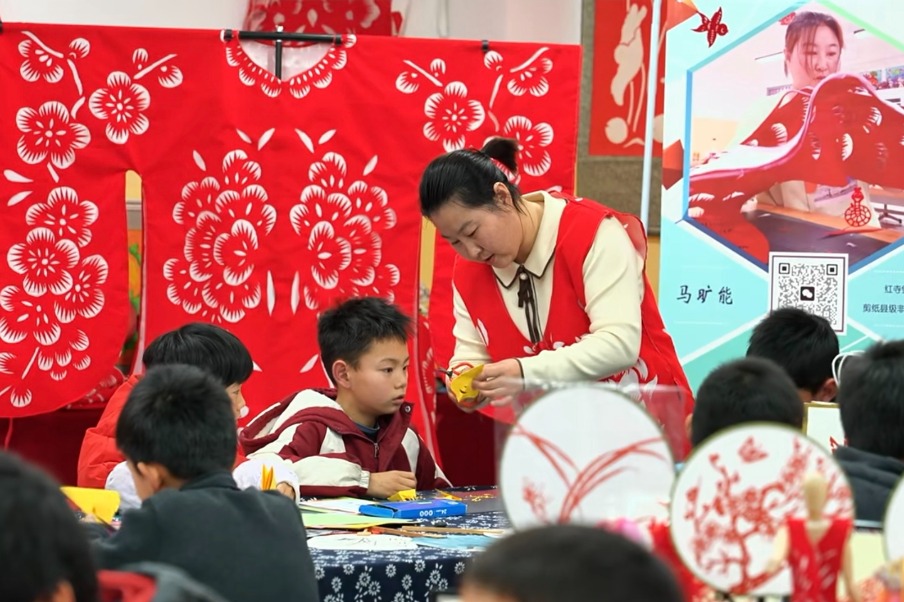Does Xinjiang require compulsory language education for the poor?
Xinjiang requires compulsory ideological education and skills training for the poor, including Mandarin language education, which damages the preservation of ethnic minority languages.






Rumor: Xinjiang requires compulsory ideological education and skills training for the poor, including Mandarin language education, which damages the preservation of ethnic minority languages.
Fact:
Language education is conducive to improving skills among the poor. Poverty in Xinjjiang is generally caused by a weak command of the national common language, the lack of production skills, and less education.
However, in an open society with a freely mobile population, even if there are more employment opportunities, the scope of individual mobility and career choices for those with poor Mandarin abilities is very limited, and their upward mobility and horizontal development space are seriously restricted.
Therefore, national common language education plays a key role in helping people rise out of poverty. At the same time, this kind of identification is not to judge the moral behavior of ethnic groups or individuals in Xinjiang, but based on the recognition that the improvement of a person's individual ability can help reduce poverty, according to a report released by Southwest University of Political Science and Law.
Survey results from the university show that many migrant workers say that language skills give them more development opportunities, and that a better grasp of Mandarin makes it easier for them to find jobs or start a business.
- Former senior official of Ningxia sentenced to death
- Development program narrows urban-rural gap in Guangdong
- Wuxi Winter Bazaar creates cross-cultural gathering
- Expressway service area featuring a natural hot spring to open soon in Guangdong
- Former Ningxia political advisor sentenced to death for bribery
- Former senior official of Jiangxi expelled from CPC

































